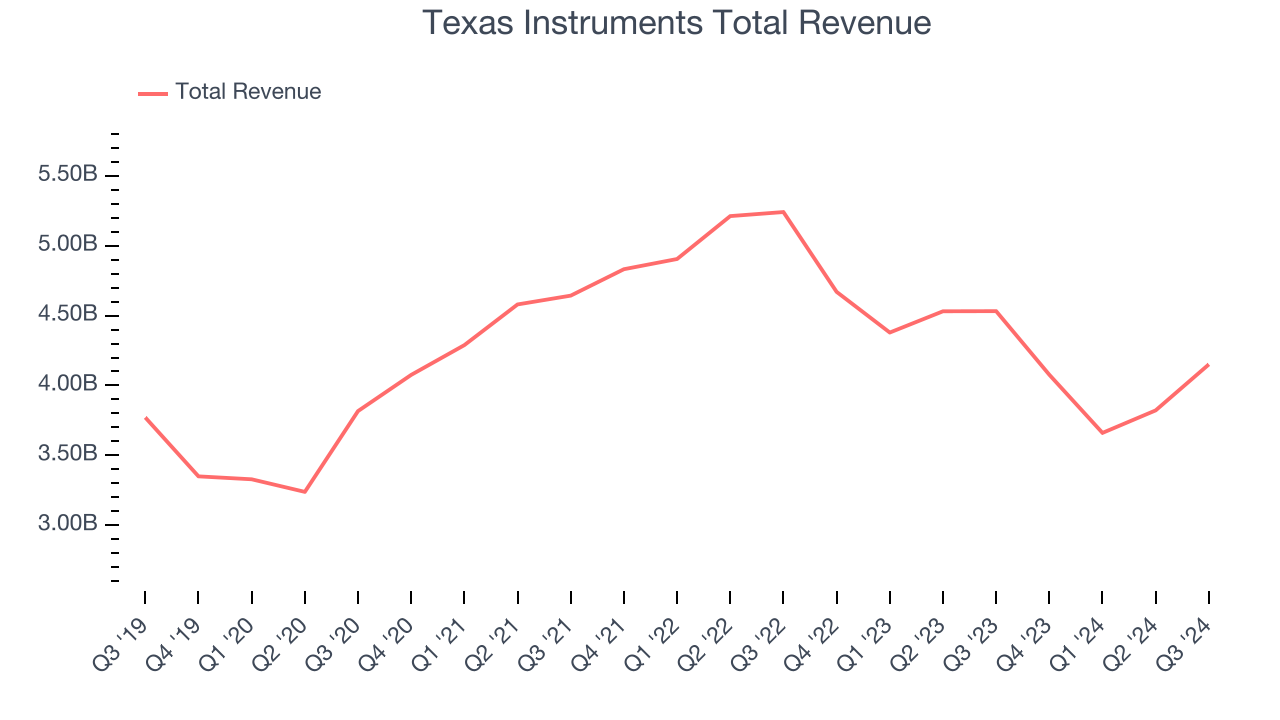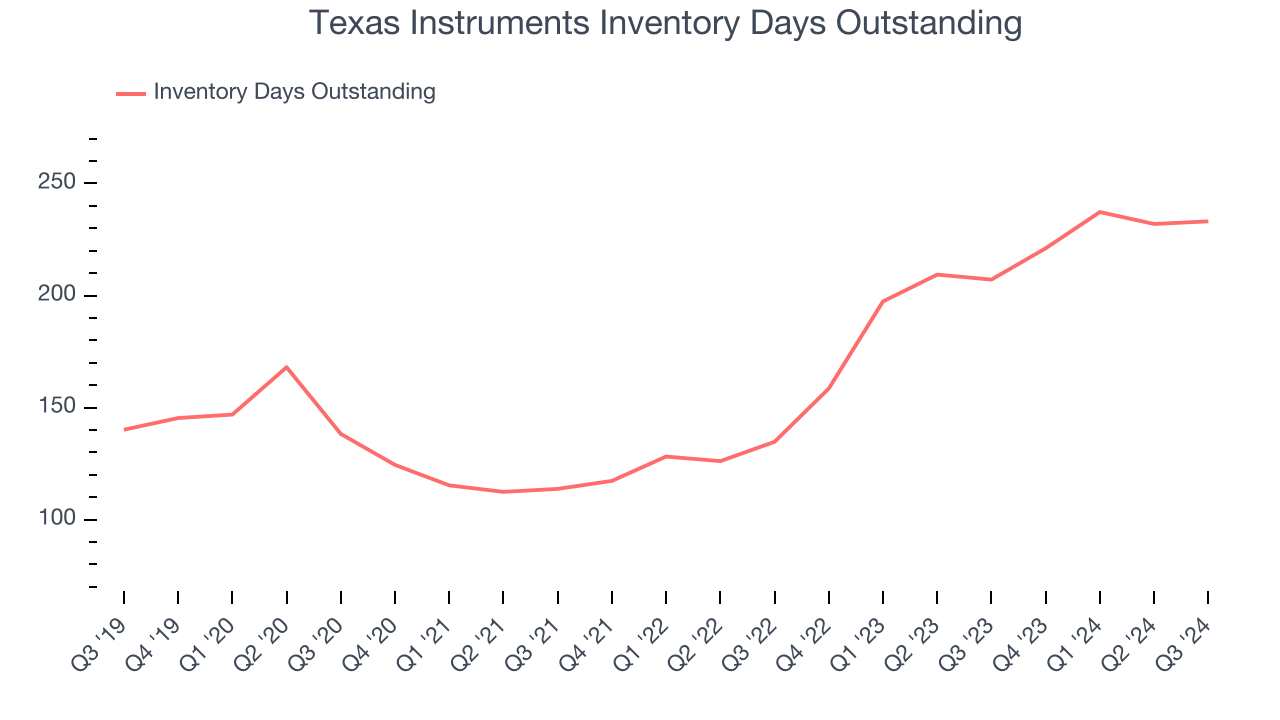Financial News
More News
View More
Alcoa Earnings Send Shares Lower—Buy the Dip or Wait? ↗
Today 15:31 EST
Oracle’s TikTok Win Isn’t Social Media—It’s a Cloud Power Move ↗
Today 13:15 EST
Teledyne Accelerates to Maximum Velocity: $700 in Sight ↗
Today 12:50 EST
Intuitive Surgical Just Proved the Growth Engine Still Runs ↗
Today 12:10 EST
Recent Quotes
View More
Stock Quote API & Stock News API supplied by www.cloudquote.io
Quotes delayed at least 20 minutes.
By accessing this page, you agree to the Privacy Policy and Terms Of Service.
Quotes delayed at least 20 minutes.
By accessing this page, you agree to the Privacy Policy and Terms Of Service.
© 2025 FinancialContent. All rights reserved.











